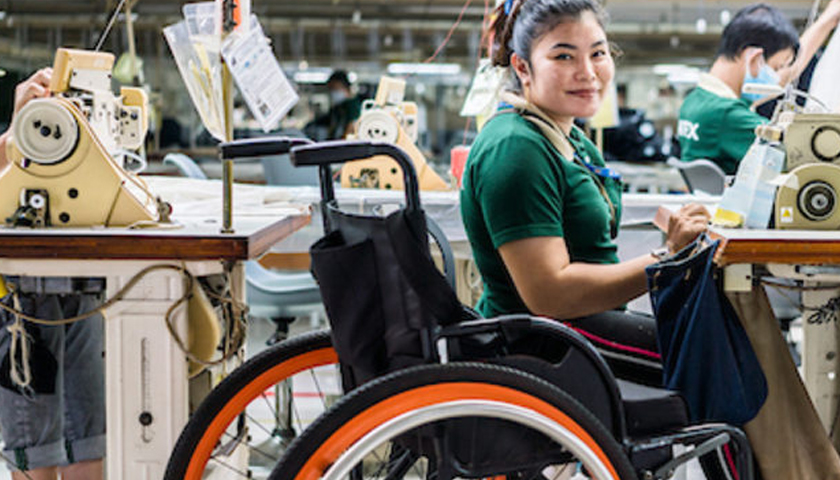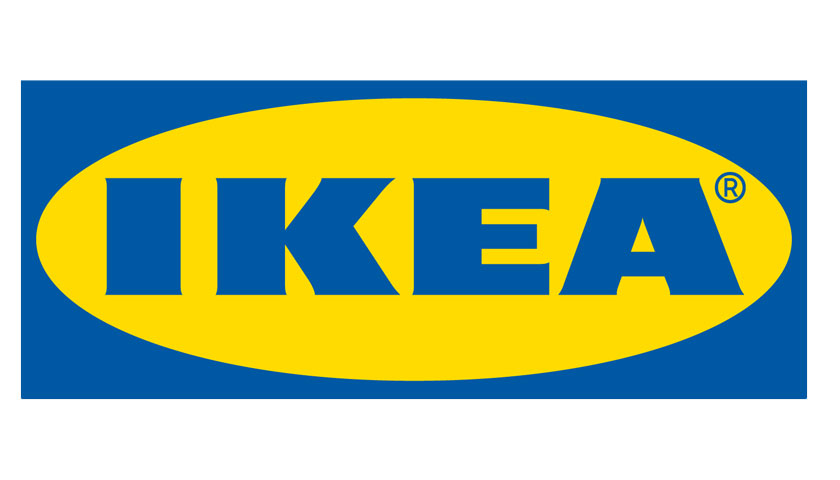IKEA will add three new large-scale partners in Southeast Asia. This will create more job opportunities for people in rural areas and marginalised groups, and two of the partners have a special focus on integrating persons with disabilities in their manufacturing. The collaboration will broaden the range of products produced in a sustainable industrial environment. The first collection VÅRDANDE will launch in June 2022.
“To join hands with three new large-scale partners, create a new possibility for IKEA to offer products made of natural fibres and waste material. These partners are also already well-established manufacturers with the ambition to offer jobs to marginalized groups and people in vulnerable communities in the areas where they operate, says Lena Sörmon, Business Leader Social Entrepreneurship.
The new social business partners are Classical Handmade Products in Bangladesh, Saitex in Vietnam, and Spun in India, all located in areas with marginalised groups. Together, they enable large-scale production of single products and entire collections and will help IKEA provide a more diversified range in materials and techniques.
“A small enterprise cannot change the world, but you can put your drop into the ocean. And every drop count. Together we can create a future formula for success that could be replicated in other factories. Imagine what a huge, massive dent we together would create on this matter” says Sanjeev Bahl, the founder, CEO of Saitex.
Adding the three new social businesses, IKEA is broadening its offerings in stores and online, with more products made of waste materials, natural fibers, and textile responsible produced in a sustainable industrial environment. The first products will be released in the VÅRDANDE collection in June 2022.
Initiated in 2012, IKEA’s partnership with social entrepreneurs has grown steadily ever since, as well as customers’ interest in the broad offering of products. Last financial year, close to 50 products made in partnership with social entrepreneurs were sold on 54 markets.
“We want to be a force for positive change in society and make a long-lasting impact, locally and globally. By expanding the partnerships with large-scale social businesses, we reach people furthest away from the labour market and at the same time we can inspire other brands and suppliers, says Christina Niemelä Ström Sustainability Manager IKEA Supply.
The new strategic partners are:
Saitex, Vietnam
Vietnamese denim manufacturer, Saitex, is known worldwide for being revolutionary in its approach with an inclusive and fully sustainable way of doing business. Saitex is a social business with a highly efficient sustainable factory setup – showing that social enterprises do not need to be small or in the handicraft sector. Saitex has a goal to have 20% of their co-workers being persons with disabilities involved in production for IKEA by 2025. Saitex is in Vietnam and operates four modern facilities in Dong Nai, along with a new textile mill for cotton manufacturing. They also have one facility under development in Los Angeles, USA.
Classical Handmade Products, Bangladesh
Classical Handmade Products (CHP) is a social business that makes sustainable, handwoven home furnishing products. In their factories in the rural areas of Bangladesh, they create sustainable, handwoven as well as machine woven products such as storage baskets, placemats, bags, poufs, and rugs from natural fiber materials such as jute, seagrass, water hyacinth as well as recycled textile waste or cotton from better sources. With four factories stretched across the rural areas in the north of Bangladesh, CHP Classical Handmade Products provides job opportunities where work is rare focusing on women in rural villages and persons with disabilities. This means that employees can stay with their families, in their homes, but still find jobs, balancing the problems that come with urbanisation.
Spun, India
Spun is a social business that makes skilfully crafted, one-of-a-kind products based on textile waste. The company empowers women by producing skilfully crafted, sustainably produced textile products. They offer educational programs, environmental and health initiatives, bringing growth to entire communities.
Spun was founded by Welspun Textile Group in India, one of the world’s leading home textiles manufacturers and Wellspun is also a long-term supplier for IKEA textiles. Education, empowerment, environment, and health are the guiding principles at Spun and the Welspun.
Read more about how IKEA is working with social entrepreneurs and Fair& Equal on about.IKEA.com:
In addition to the Social Entrepreneurs initiative, several local social entrepreneurs partner up with IKEA retail markets, providing services and products upcycled from IKEA Textile waste and local food products.
Since 2019, IKEA has also been supporting social enterprises worldwide through accelerator programs that are not directly related to the IKEA business. The ambition is to expand ways of supporting social enterprises to scale up their impact through grants, loans, IKEA co-worker mentorship, business development, and more; testing, piloting and finding new ways of creating lasting change.


